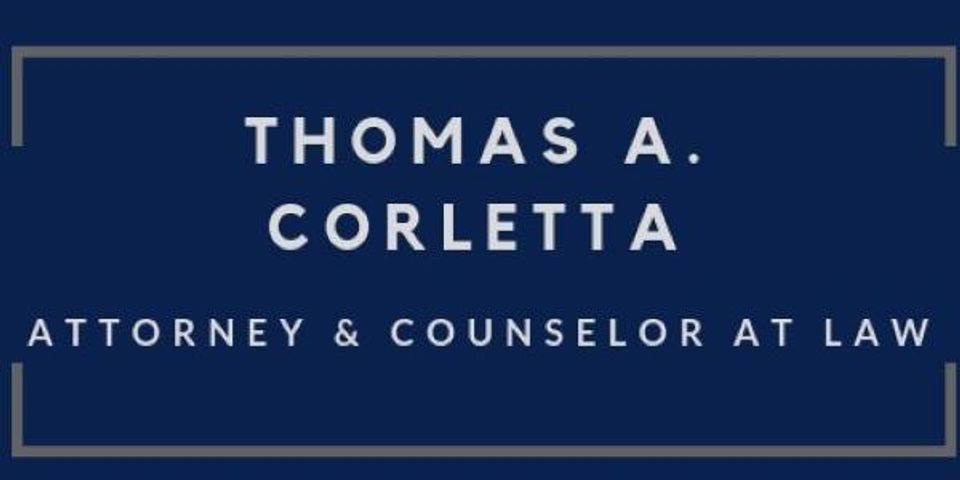
In that case, Mr. Corletta’s 24 year-old severely drug-addicted client sold cocaine to undercover police officers at an outdoor concert/festival. A subsequent search following the client's arrest revealed several different kinds of drugs, resulting in the client being charged with multiple drug felonies, and being immediately incarcerated on high bail.
Mr. Corletta, upon obtaining his client's release, went to work on demonstrating to the Court and District Attorney that his client had a severe drug addiction, and that any drug crimes committed were a result of having to finance their habit. As a result, after nearly a year of advocacy, Mr. Corletta was able to secure a plea agreement to a low-grade felony with the client being sentenced to straight probation and community service, based upon participation in treatment, and no prior criminal history.
While not out of the proverbial woods, Mr. Corletta gave his young client a chance to start over, by avoiding a significant state prison sentence in lieu of probation, which will continue to assist the client in rehabilitation and employment.
Sometimes advocacy takes different forms. It does not just include advocacy in Court or at trial, but in demonstrating a client's mental health condition may have contributed to the commission of crimes. Drug addiction is a continuing mental health problem. Low-grade non-violent offenders belong in treatment, not prison.
About the Business
Have a question? Ask the experts!
Send your question

